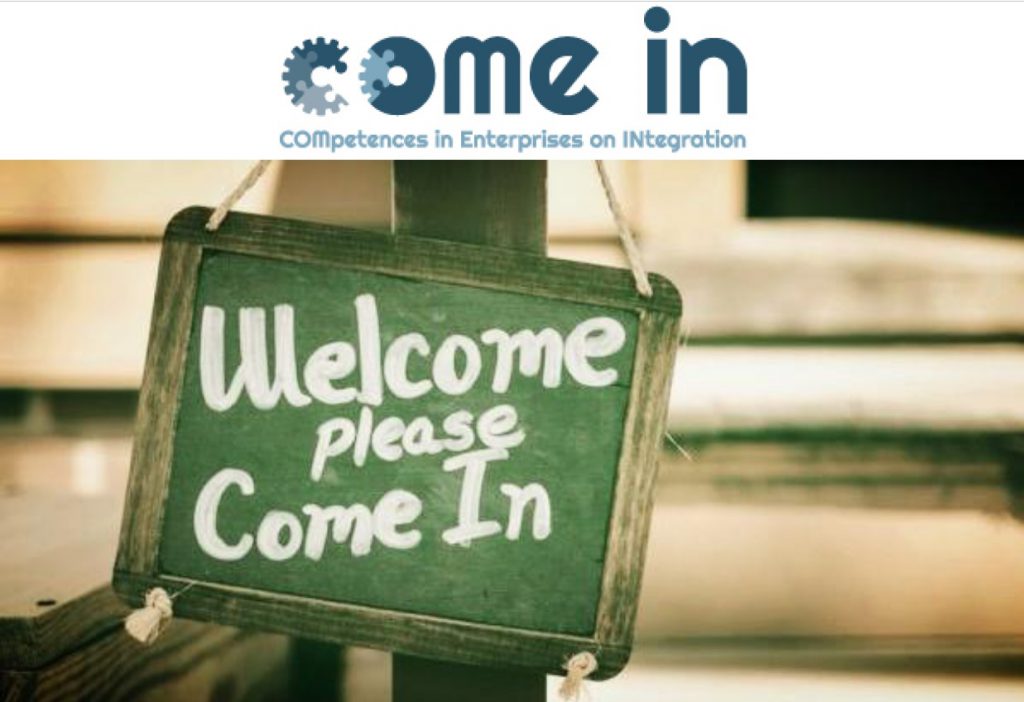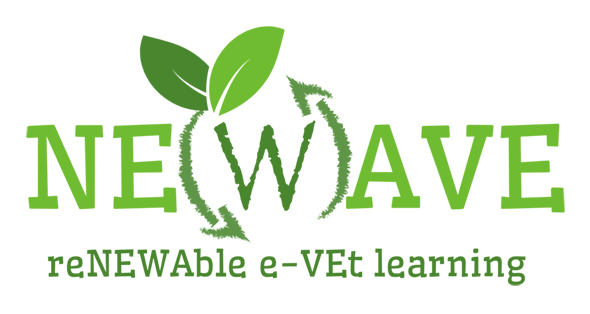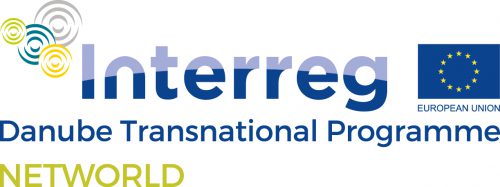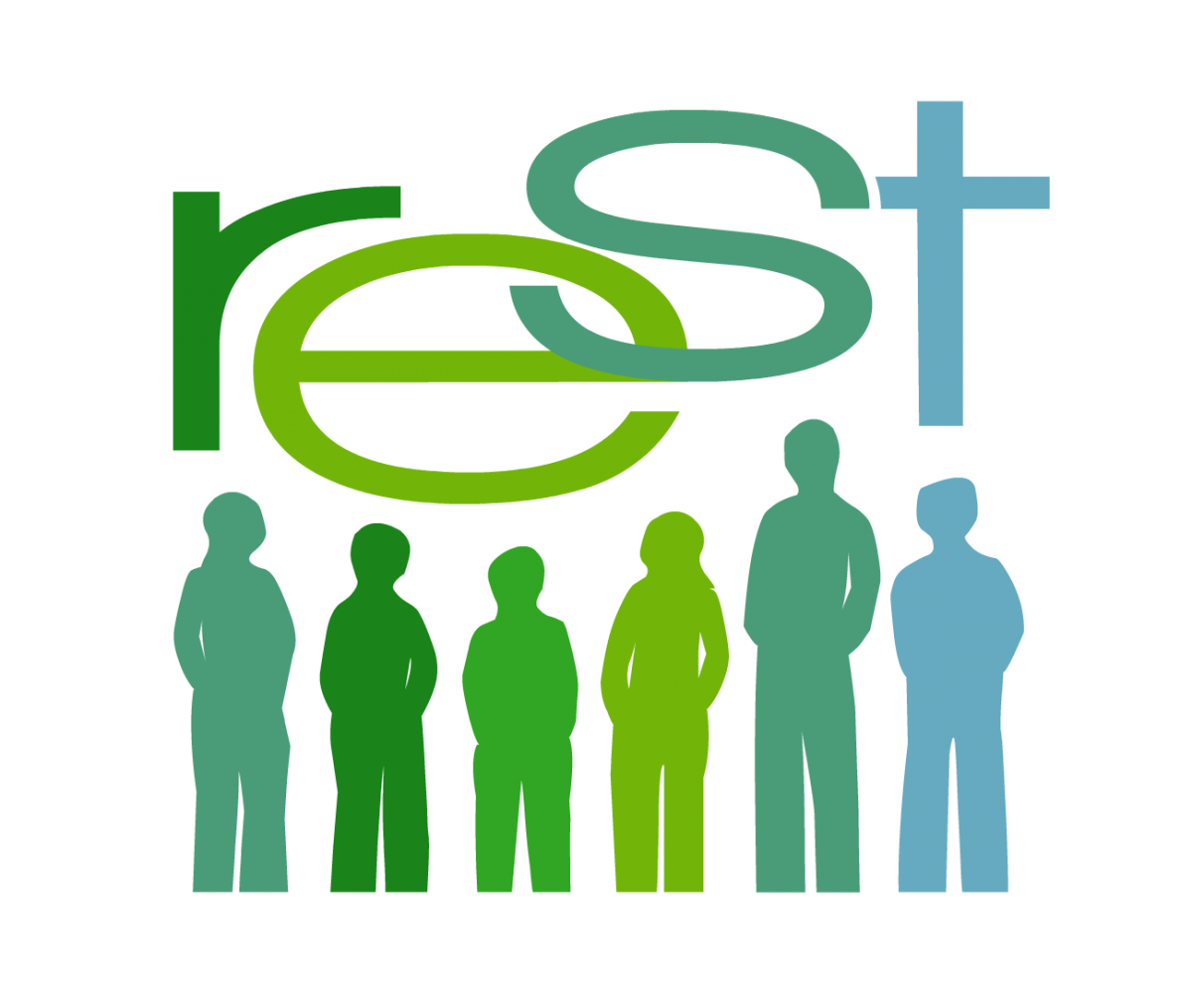What are the benefits of employing refugees? What challenges employers usually face? What support do they need to successfully integrate refugees into the workplace?
The COME IN partnership carried out an extensive transnational research to answer these questions and find out how the labour integration of refugees can be best supported.
 COME IN Research
COME IN Research
The findings from the questionnaires and interviews suggest that employing refugees, asylum seekers and immigrants embodies various benefits and advantages not only for employers and refugees but also the host country. Having a job enables refugees to contribute to the tax and welfare system and working with local colleagues supports the acquisition of language skills, helps refugees learn local norms and fosters mutual trust and empathy. Top three assets refugees bring to employers are then increased intercultural awareness at workplace, broaden horizons and refugees’ strong motivation to work.
Major challenges encountered by employers are linguistic barriers, administrative burdens, legal uncertainty and difficulties with recognition of refugees’ qualification.
Once identified and acknowledged these obstacles can be overcome by well-tailored support and training.
COME IN Training
Based on the research, COME IN will offer a comprehensive training designed to meet the needs and preferences of European employers including:
-
an orientation course giving more insight into refugees’ employment and background;
-
refugees’ competence assessment;
-
diversity management;
-
on-the-job training for refugees;
-
language support for refugees at work;
-
and additional online training materials on legal aspects of employing refugees.
The training materials are customised to the needs of employers in the sectors most relevant for the refugees’ employment – tourism and hospitality, healthcare, manual-based work (including handicraft, manufacturing, agriculture or constructions) and cultural mediation.
The training pilots will be launched starting in January 2019 in all partner countries. The face-to-face trainings will be complemented by the Online Platform containing all training materials.
COME IN Resources
To learn more about the employers’ view on the benefits and challenges of refugees’ employment, competences required by employers’ and their training and support needs, download the COME IN Transnational Research Report or Executive Summary.
You can also draw some inspiration from successful actions of labour integration presented in COME IN Desk Research Results including 35 good practices from 12 countries.
About COME IN
COME IN – Competences in Enterprises on Integration – is a two-year-project co-funded by the Erasmus+ programme of the European Union. COME IN aims to contribute to the efficient integration of refugees in the European labour market and to enhance employers’ competences and willingness to hire and integrate refugees.
For further information about COME IN project and training see the project website www.welcomingenterprises.eu.
 Laut dem Jahresbericht 2018 der Internationalen Agentur für Erneuerbare Energien (IRENA) sind die Arbeitsplätze im Bereich der erneuerbaren Energien weltweit deutlich gestiegen. Das Erasmus+ Projekt NE(W)AVE entwickelt, testet und implementiert derzeit einen 4-wöchigen Lehrgang zu „Green-Skills“ für ElektrikerInnen und InstallateurInnen. Weiter lesen
Laut dem Jahresbericht 2018 der Internationalen Agentur für Erneuerbare Energien (IRENA) sind die Arbeitsplätze im Bereich der erneuerbaren Energien weltweit deutlich gestiegen. Das Erasmus+ Projekt NE(W)AVE entwickelt, testet und implementiert derzeit einen 4-wöchigen Lehrgang zu „Green-Skills“ für ElektrikerInnen und InstallateurInnen. Weiter lesen

 COME IN Research
COME IN Research
 Anfang September 2018 unternahmen die NETWORLD Projektpartner eine Studienreise nach Belgien. Die Exkursion führte in die Provinz Flandern, wo man sich rund um die Stadt Ypern auf eine Spurensuche nach den Überresten des Ersten Weltkrieges begab. Man folgte einer Einladung des In Flanders Fields Museum in Ypern, das sich in Dauer- und Sonderausstellungen der Geschichte des Ersten Weltkrieges in der Region widmet und die Thematik aus unterschiedlichen Perspektiven beleuchtet.
Anfang September 2018 unternahmen die NETWORLD Projektpartner eine Studienreise nach Belgien. Die Exkursion führte in die Provinz Flandern, wo man sich rund um die Stadt Ypern auf eine Spurensuche nach den Überresten des Ersten Weltkrieges begab. Man folgte einer Einladung des In Flanders Fields Museum in Ypern, das sich in Dauer- und Sonderausstellungen der Geschichte des Ersten Weltkrieges in der Region widmet und die Thematik aus unterschiedlichen Perspektiven beleuchtet. 

 Am 11. September wurden in Innsbruck JugendbetreuerInnen über dieses Projekt und das gesamte EntreComp-Framework informiert. GADE deckt die gesamten, 15 vom EntreComp-Framework (herausgegeben von der EU-Kommision) definierten Kompetenzen ab.
Am 11. September wurden in Innsbruck JugendbetreuerInnen über dieses Projekt und das gesamte EntreComp-Framework informiert. GADE deckt die gesamten, 15 vom EntreComp-Framework (herausgegeben von der EU-Kommision) definierten Kompetenzen ab.




